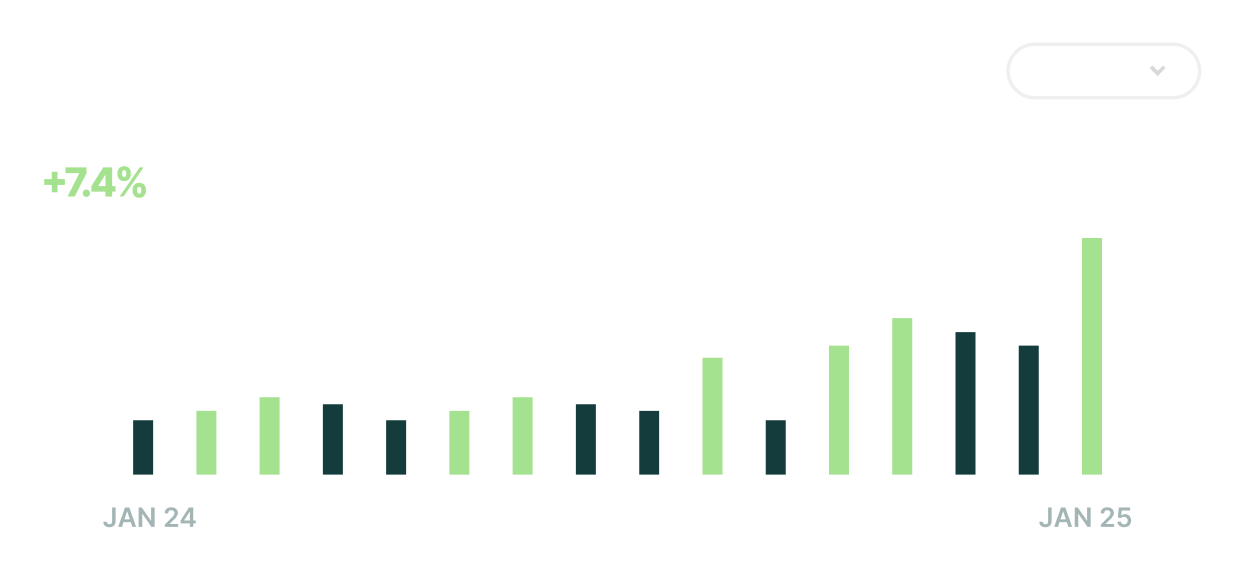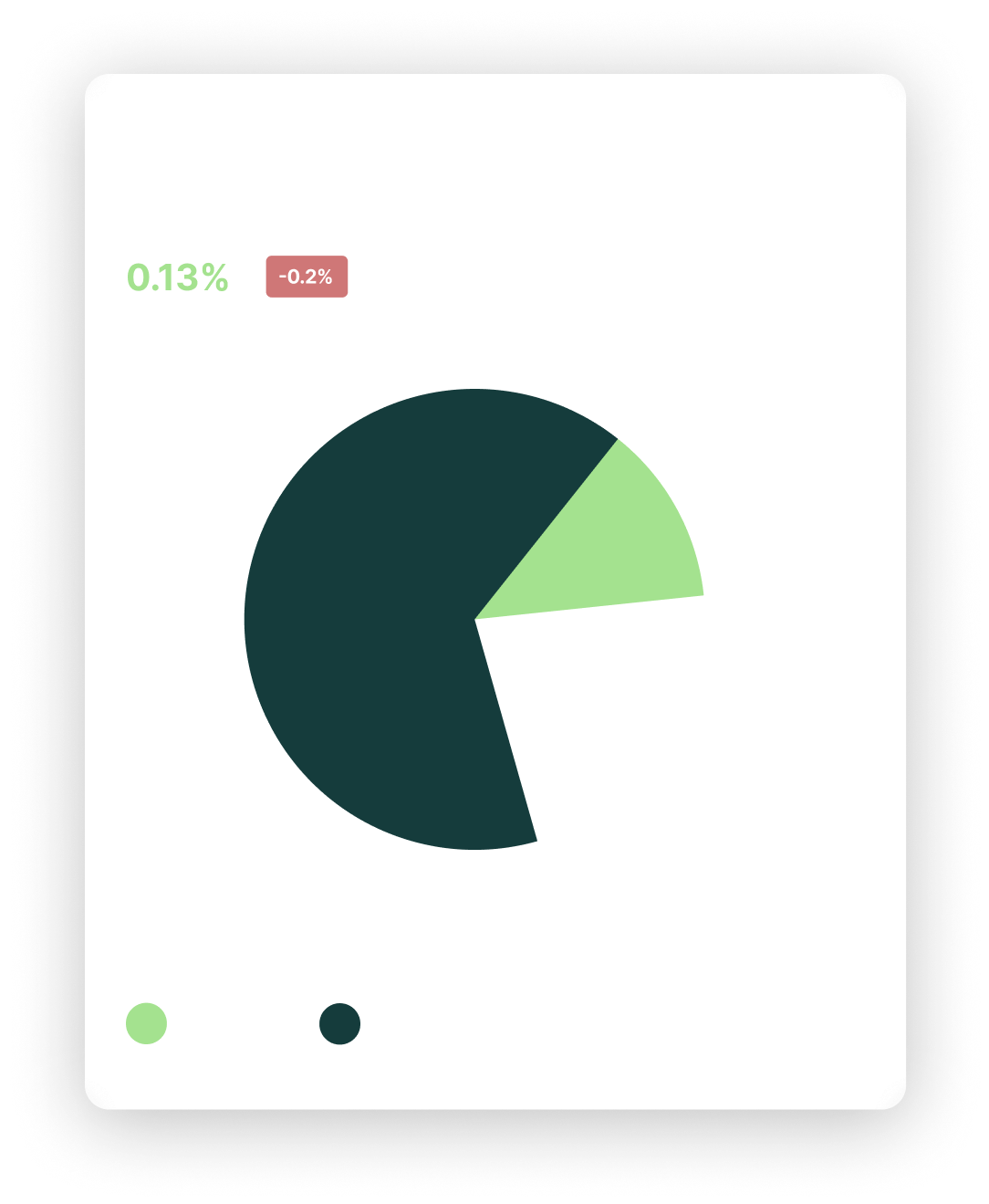By combining data from suppliers, data from the state, along with our unique data sets, we provide insights and understanding of your customers at a level that helps drive cost-effective programs and insights never before available.



WaterView’s custom data warehouse has been designed to provide comprehensive and flexible data management solution that enables informed decision-making.

This data helps identify usage patterns, peak demand periods, and pinpoint water use inefficiencies.
Water view integrates landscape data that accurately identifies and measures areas of turfgrass, ground cover, tree canopy, open water, and bare earth with land use and weather data, critical for understanding how water is being used and optimizing water allocation for efficient irrigation purposes.
Utilize detailed parcel information, size, building footprint, usage type, and ownership. This granularity supports targeted outreach and compliance efforts tailored to specific land uses.
By aggregating various data sources, the platform offers a holistic view of water resources and consumption patterns, facilitating effective management and strategic planning.
There are two current approches to drought water probelems. Neither are ideal or long-term effective solutions.
Infrastructure and sourcing new water are significantly more expensive than efficiency.
Conservation is unreliable and potentially disastrous in the long term. You are removing terf, removing tree's, creating heat island effect. Conservation instincts are sometimes ineffective long-term. Unintended consequnces

When you use technology and data to drive reallocation, you don't rely on large-scale population behavior change to move the needle
WaterView combines multiple data sets and technological approches that deliver the right effeciency messaging and programs to the customers most primed to take action
Conservation relies on unincentivized change for the good of the planet. Efficiency is applied data-science, resulting in the savings you need
The problem isn't that we don't have enough water, but that we aren't using our current resources efficiently. Technology has advanced enough to make effective efficiency a genuine alternative to expensive infrastructure